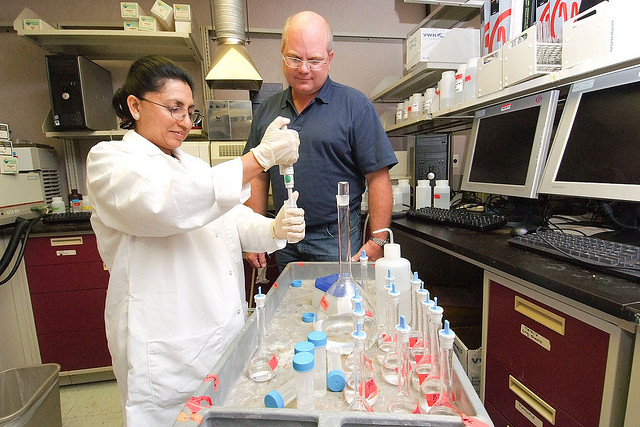It’s tough to surprise me at work.
In twenty-something years leading people, I’ve learned that no matter how unique it feels at any time, at work I’m part of a universal human experience.
In the last five years, I’ve encountered a few moments of true surprise. Notably, when smart, nice people meet anonymous feedback? The result can be unexpected. In a not-good way.
When we use a performance management processes to help people to grow and do a better job at work, it’s a beautiful thing.
When our process is a weed-out, people rationalization, we might create a mean-reverting machine. It might be toxic.
Today, in some workplaces, people are asked to use an app to record little bits of real-time reaction to their peers’ “performance.”
So, imagine Brian talks over Jessica in a meeting. Then, she zings him on the app.
Or, Jessica is late with her contribution to a project. So Melissa and Edwin register their displeasure. On their phones.
Then, we call their entries “data,” and abstract a measure we call performance. This elevates our work to a science. Right?
Show me the control.
And show me how we account for Brian having stumbled into work after he spent the night on a chair outside the NICU, where his premature baby is struggling.
Or, how we factor in the inexperience of the manager who assigned Jessica to work on a project she’s unprepared for.
And how Jessica, Melissa and Edwin’s input is vetted for accuracy. Whether they’ve been trained to give feedback.
How the tool accounts for an entry made in anger or frustration, vs. a thoughtful gem.
It’s not data. It’s not an experiment. And it’s not science.
I recently saw Kyle Patrick Alvarez’s film The Stanford Prison Experiment.
Psychology professor Philip Zimbardo created a faux prison in a Stanford basement. He randomly assigned roles to paid undergraduates: guards or prisoners.
The “experiment” was cut off after a few days.
First, the research team (which included grad students and an ex-convict) assigned themselves roles as wardens and parole board members. Then, they became part of a toxic power structure.
If you’re a manager of any tenure, you’ve probably been a guard at some point. And you’ve probably also been a prisoner.
A recent NY Times story on Amazon was a brutal indictment of the company. Front and center: anonymous feedback and its misuses.
Of eleventy billion internet reactions to this story, two floated to the top for me. CEO Jeff Bezos doesn’t recognize his own company. Former Amazon employee Julia Cheiffetz does. Her conclusion:
In the absence of meaningful public data …all we have are stories.
Amazon is a 150,000 person company. Times reporters talked with 100 people — many, anonymously. Commenters on the Times article claim to be firing Amazon.
Hashtag, irony.
Cheiffetz, Times reporters, Bezos…I’d bet that there’s truth in all of these stories.
